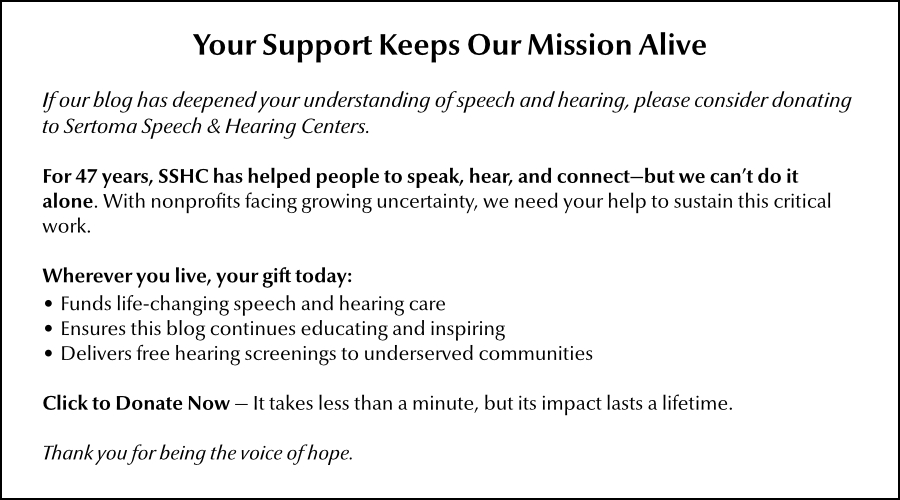A groundbreaking brain implant has achieved a medical first. For a man who lost his ability to speak, the device does more than restore speech—it brings back his authentic voice. By translating brain signals into speech, he can now communicate and even sing with natural emotion, transforming his thoughts into audible words in an instant.
Why it matters
For the first time, a brain-computer interface (BCI) is speaking with natural tone, pitch, and feeling, the qualities that give our speech meaning and emotion.
This is a giant leap forward, a world away from the flat, monotone speech of older devices.
The backstory
The man at the center of this story is a 45-year-old who lost his ability to speak clearly after developing amyotrophic lateral sclerosis (ALS). This motor neuron disease attacks the nerves that control the muscles used for speech. He could still mouth words and make sounds, but his speech had become slow and unclear.
After five years, he had surgery to get the implant.
 The motor cortex is the orange area. Electrodes implanted in this region helped a man with ALS speak with human emotion (tone, pitch, feeling), not in a monotone. Credit: Kateryna Kon/Science Photo Library
The motor cortex is the orange area. Electrodes implanted in this region helped a man with ALS speak with human emotion (tone, pitch, feeling), not in a monotone. Credit: Kateryna Kon/Science Photo Library
How it works
Surgeons placed 256 tiny silicon electrodes into his motor cortex, the part of the brain that handles movement.
- This BCI uses artificial intelligence to read his brain’s electrical signals as he tries to talk.
- And get this: it’s fast. Deep-learning algorithms grab these signals and turn them into sound within 10 milliseconds. That's faster than you can blink.
- The system decodes the sounds he attempts to make, not just pre-programmed words. This means he can use interjections like 'aah' or 'hmm', making his communication feel completely natural and unrestricted.
- To make it truly his, researchers trained the AI on old recordings of his actual voice from before he got sick.
The big picture
The technology is fascinating, but the real story is the human impact. This groundbreaking development could serve as a practical tool for people who have lost their ability to speak.
- The system is smart enough to know if he's asking a question or making a statement.
- It can even put stress on different words to change the meaning of a sentence.
- The most powerful feedback came from the man himself. He said that hearing the voice made him "feel happy" and that it felt like his "real voice."


